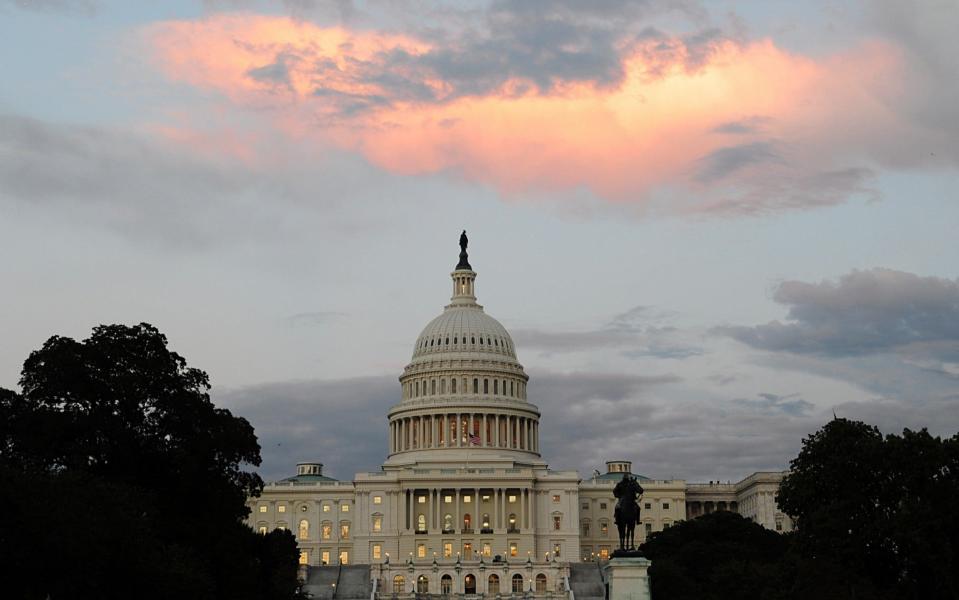'MeToo' victory in US Congress as politicians change sexual harassment rules

US politicians have agreed to overhaul the process for handling sexual misconduct allegations in Congress, in a move seen as a breakthrough for the 'MeToo' movement.
The push for tougher legislation took on new urgency in the past year, when more than half-a-dozen lawmakers resigned amid allegations of sexual misconduct and Capitol Hill found itself at the center of the movement.
Under the new bill, congressmen will be held personally liable for financial settlements agreed with complainants, meaning tax payers will no longer foot the bill for settling claims of misconduct.
The new rules will also require public reporting of settlements and applies to congressmen even after they have left office, to avoid officials resigning amid a scandal without being held to account.
The bill, passed by Congress late on Wednesday, updates the decades-old Congressional Accountability Act, which governs how congressmen and aides report sexual misconduct claims.
The law has been widely criticised as confusing, cumbersome and unfair to victims of harassment and abuse.
The language of the bill has not yet been released, but according to the Senate Rules Committee, it holds lawmakers, including those who leave office, financially liable for settlements resulting from all types of harassment and retaliation, but does not cover discrimination claims.

It also eliminates mandatory counselling, mediation and the "cooling off" period victims are currently required to wait before filing a lawsuit or requesting an administrative hearing.
The bill requires public reporting of settlements, including identifying lawmakers who are personally liable, and extends protections to include interns, fellows and other staff.
House staffers will have access to legal representation, while Senate staffers will be given access to a confidential advocate able to offer legal advice but not act as a representative.
"A lot of this was our belief that we had an obligation to fix this ourselves, and while I have no doubt a new Congress could have gotten it done I think we needed to fix the mess," said Democrat senator Amy Klobuchar, the Senate bill's sponsor.
"The focus was to make sure we had a system that protected victims and not politicians."
The final bill doesn't include some House measures, including making lawmakers liable for discrimination settlements and requiring an independent investigation into harassment complaints at the beginning of the process.
Congresswoman Jackie Speier said she is working with her colleagues in the House to introduce a separate bill next Congress to address those issues.
"Having spoken with many survivors, the process of going up against a lawyer for the institution and the harasser was as traumatic, if not more traumatic, than the abuse they suffered," Ms Speier said.
"The House has remained focused on taking a system rigged in favor of the harassers and making it more victim-centric."
Paul Ryan, the Republican House Speaker, and Democratic leader Nancy Pelosi released a joint statement Wednesday praising the bill but acknowledging that more work lies ahead.
The deal, announced just days before the end of the legislative calendar, could be signed into law by the end of this week.

 Yahoo News
Yahoo News 